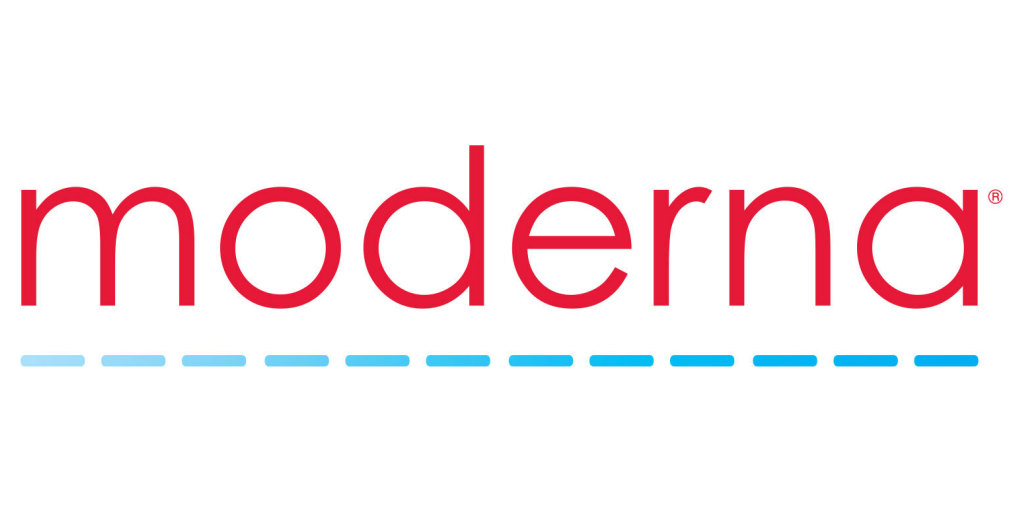Moderna, Inc., a biotechnology company pioneering messenger RNA (mRNA) therapeutics and vaccines and the nonprofit Institute for Life Changing Medicines (ILCM), today announced a new collaboration to develop a new mRNA therapeutic (mRNA-3351) for Crigler-Najjar Syndrome Type 1 (CN-1), an ultra-rare disease. It is estimated that there are only approximately 70-100 known cases of CN-1 in the world. The goal of the collaboration is to make an mRNA therapy for the treatment of CN-1 available at no cost to patients.
Under the terms of the agreement, Moderna will license mRNA-3351 to ILCM with no upfront fees, and without any downstream payments. ILCM will be responsible for the clinical development of mRNA-3351. ILCM plans to initiate clinical studies of mRNA-3351 in 2022.
Crigler-Najjar Syndrome Type 1 (CN-1) is an ultra-rare genetically inherited disorder caused by the mutation in the UGT1A1 gene in which bilirubin, a substance made by the liver cannot be broken down. The syndrome occurs when the protein that normally converts bilirubin into a form that can be easily removed from the body does not work properly. Without this enzyme, bilirubin can build up in the body and lead to jaundice and damage to the brain, muscles and nerves. The symptoms become apparent shortly after birth and can be life-threatening.
The current standard of care treatments relies on phototherapy treatments of up to 12 hours a day throughout life. The only definitive treatment is a liver transplant that is associated with its own set of side effects and risk of death.
“At Moderna, we believe that mRNA therapies have the potential to profoundly impact rare disease patients and their families. Ultra-rare diseases are always a challenge for our industry given the very small number of patients who could benefit from the medicine,” said Stéphane Bancel, Chief Executive Officer of Moderna. “We decided that rather than charge a high price for the medicine candidate, which is not aligned with our values, we would rather give it away for free. In this innovative partnership, the Institute for Life-Changing Medicines will not pay Moderna an upfront fee or any downstream payments. Moderna will also provide the mRNA-3351 material free of charge. mRNA-3351 is a therapeutic candidate for Crigler-Najjar Syndrome Type 1 and our goal is to bring new hope for patients and their families.”
“Children with this disease can be stigmatized for being severely jaundiced while living in fear of experiencing a life-threatening episode of kernicterus,” said James M. Wilson, MD, PhD, Co-Founder and Chief Scientific Officer of the Institute and Director of the Orphan Disease Center, Perelman School of Medicine, University of Pennsylvania. “The mRNA therapeutic platform of Moderna has the potential to not only treat but to prevent these lethal metabolic crises. This partnership with Moderna could serve as a model for developing life-changing medicines for those living with rare diseases when traditional business models for drug development fall short.”
“We are energized to collaborate with Moderna to advance an mRNA for treating Crigler-Najjar,” said Alex Karnal, Co-Founder and Chief Executive Officer of The Institute for Life-Changing Medicines. “At the Institute, we believe that a healthy life is a basic human right, and we are fighting to improve the lives of all people suffering from less common but still devastating diseases. We are grateful for Moderna’s support of our novel nonprofit business model by providing our first medicine aimed at transforming the lives of people suffering from Crigler-Najjar syndrome around the world.”

 Latest pharma news updates
Latest pharma news updates










.jpeg)











.jpg)








